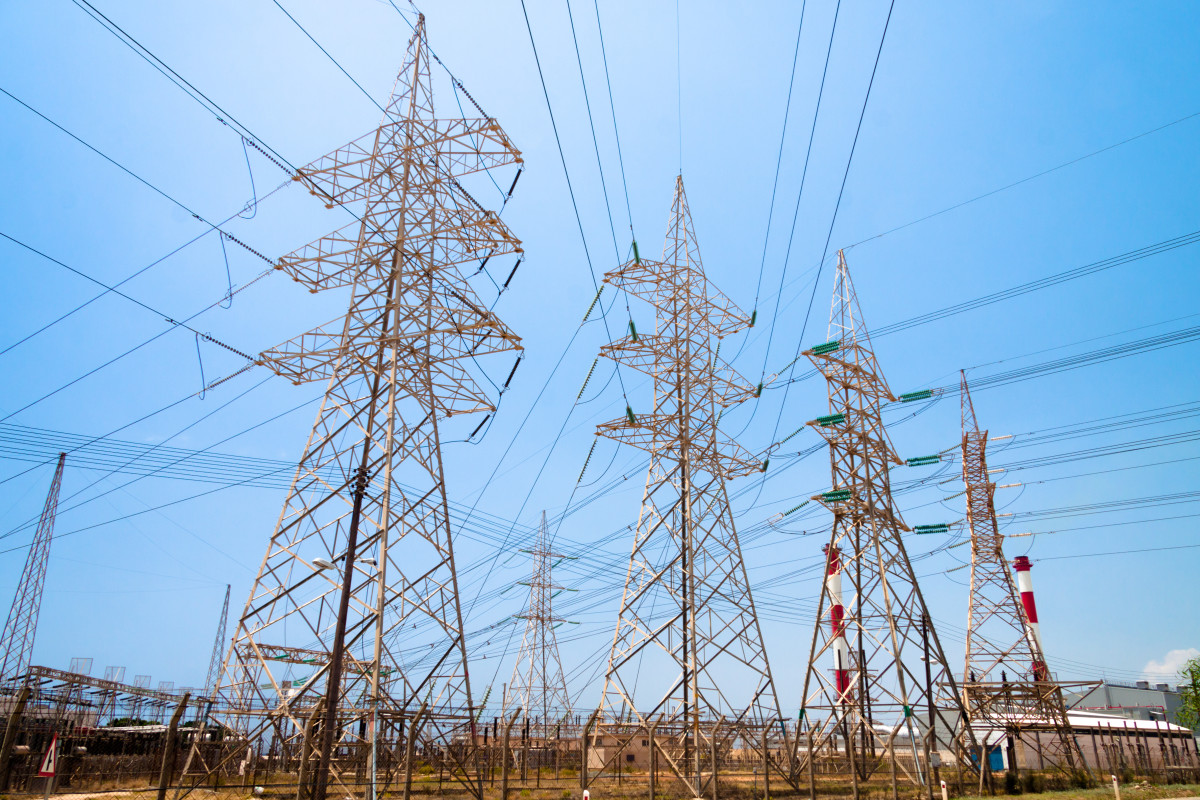Energy Industry needs clear, fair policy guidelines and regulations
- June 26, 2024
- 0

Aboitiz Power Corporation and other private energy sector members have stressed the necessity for clear and fair policy guidelines and regulations from the government.
“There are risks that the private sector must undertake,” Aboitiz noted, referring to investments in increased generation capacities and new technologies. “The industry’s capital intensity underscores the need for creating a stable environment for investors.”
“If you examine the Philippine Energy Plan, the required investments are substantial. First Gen’s balance sheet cannot manage it alone. AboitizPower’s balance sheet cannot manage it alone,” said First Gen Energy Solutions, Inc. President and COO Francis Giles Puno. “Collaboration is essential.”
The Philippine Energy Plan 2020-2040 (PEP) projects the addition of 92.3 gigawatts of renewable energy projects by 2040 under a Clean Energy Scenario, estimating an investment of P5.8 trillion. In this scenario, renewable energy is expected to account for 35% of the power generation mix by 2030 and 50% by 2040.
“Given that the energy sector is capital-intensive, the [Department of Energy] anticipates more active private sector participation and public-private partnerships to generate the necessary investments during the planning period,” the PEP stated.
National Grid Corporation of the Philippines (NGCP) AVP and Head of Transmission Planning Redi Remoroza emphasized their focus on completing required transmission facilities to support all committed power plant projects.
Addressing a “chicken or t
“In our experience, during the third regulatory period, the ERC perm
Meanwhile, MERALCO, stated their priority is to provide reliable service at the lowest possible cost while helping end-users transition to innovations like solar rooftops and net metering.
“We must adapt and learn to accommodate innovations like solar rooftops,” said MERALCO VP and Head of Utility Economics Lawrence Fernandez. “We’re now seeing even end-users injecting power back into the grid, complicating the distribution system.”
“Therefore, we need to continue working closely with stakeholders and policy leaders and regulators,” he added.
For the RES segment, their goal is to offer competitive, tailor-made solutions to contestable customers, fulfilling the spirit of the Electric Power Industry Reform Act (EPIRA). Contestable customers are large electricity end-users who can choose their electricity supplier.
“The retail sector does not possess tangible assets like a generator, transmission operator, or distribution utility. Our primary activity is serving end-users,” explained Retail Electricity Suppliers Association of the Philippines President Raymond Roseus. “We structure supply contracts to fit your requirements and provide them at a competitive rate.”
“It is crucial for us to engage with the private sector, particularly in a primarily private sector-driven energy and power sector,” Department of Energy Secretary Raphael Lotilla said. “All risks are borne by the private sector, so we must consider potential changes in the regulatory regime, both domestically and internationally.”